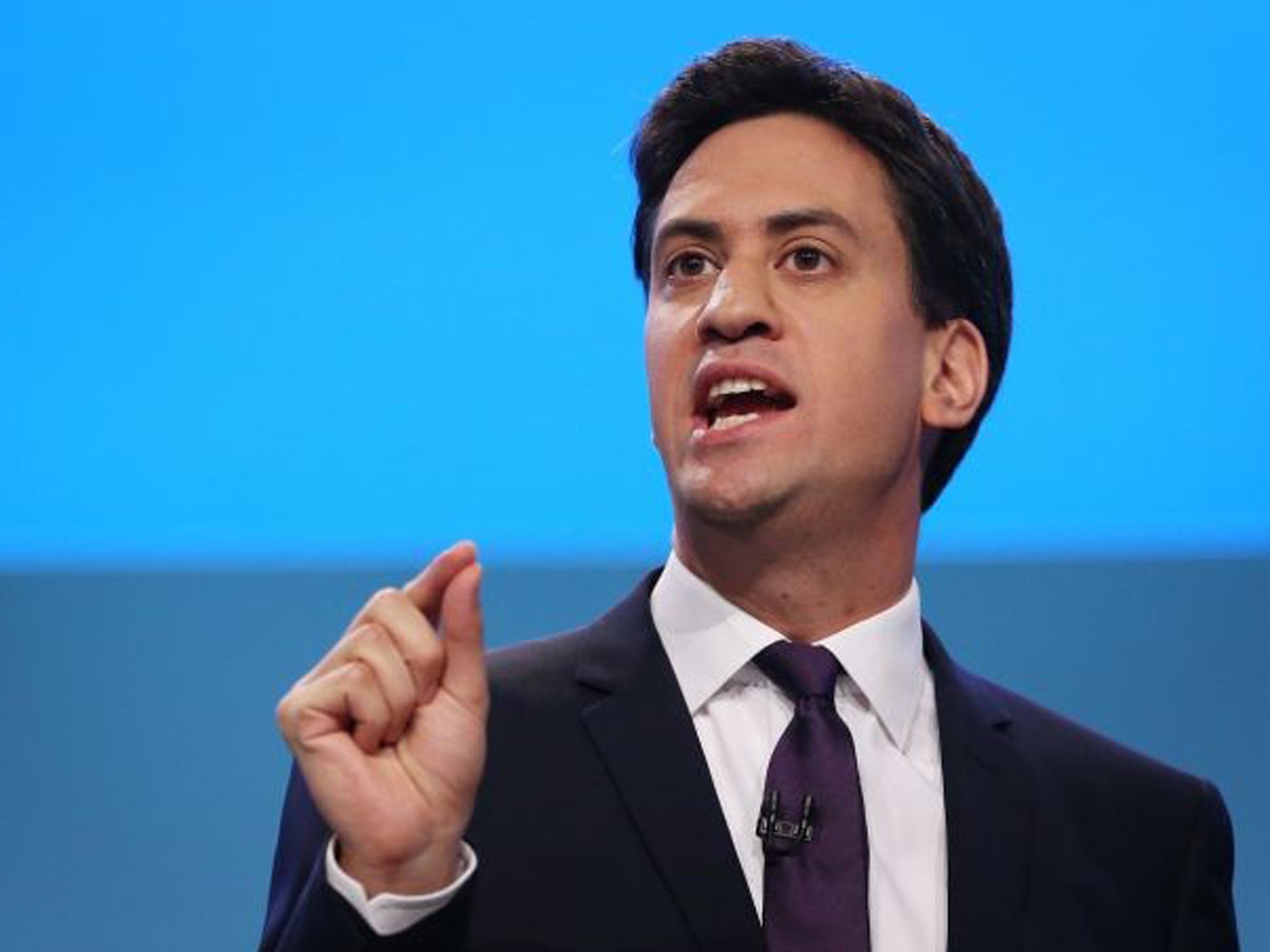Julian Knight: It's high time for the 'Big Six' suppliers to clean up their act
Energy companies are in for a tough ride if they don't listen to consumers

Your support helps us to tell the story
From reproductive rights to climate change to Big Tech, The Independent is on the ground when the story is developing. Whether it's investigating the financials of Elon Musk's pro-Trump PAC or producing our latest documentary, 'The A Word', which shines a light on the American women fighting for reproductive rights, we know how important it is to parse out the facts from the messaging.
At such a critical moment in US history, we need reporters on the ground. Your donation allows us to keep sending journalists to speak to both sides of the story.
The Independent is trusted by Americans across the entire political spectrum. And unlike many other quality news outlets, we choose not to lock Americans out of our reporting and analysis with paywalls. We believe quality journalism should be available to everyone, paid for by those who can afford it.
Your support makes all the difference.Oh to be a fly on the wall at the next board meetings of the UK's "Big Six" energy suppliers. Whatever you think of the merits or otherwise of Labour leader Ed Miliband's pledge to freeze energy bills for two years if elected, the truth is that the energy companies and their practices are going to be under scrutiny as never before.
They won't be able to say boo to a goose without being drawn into the political arena.
If they thought bankers have it tough, the energy firms should try the press they are going to get ahead of the 2015 general election.
Their initial reaction to Mr Miliband's announcement was terribly miscalculated, as they instantly suggested that power cuts would result. This struck me and many others as simply bullying.
If the energy companies want to escape becoming the nation's bogeymen – and I strongly suggest that they do – they will have to genuinely listen to what consumer groups have been telling them for a long time.
Here are some key changes they can do now: stop penalising consumers who are on pre-payment meters, go further than regulators demand in ending confusing tariffs, publicise better all measures to help with insulation and overdue bill repayments and also ensure that when they do take too much from consumers through direct debits they are quicker about returning it. This isn't just about creating a new marketing strategy but about the Big Six undergoing a cultural sea change.
The early signs from the reaction to Mr Miliband's announcement are not good and if they don't get their collective act together soon then I reckon many of those sitting on the Big Six boards won't be there in two or three years time.
Clydesdale clots
Close followers of my comment – hello mum – will remember that I have been a vocal critic of Clydesdale Bank's treatment of its mortgage customers.
Back in 2010 it was revealed that the bank had systematically undercharged its mortgage customers entirely due to an error on its part and started to pursue homeowners in the depths of the biggest recession since the 1930s to retrieve back payment.
The arrogance shown by the Clydesdale at the time was simply breathtaking. Now it seems that the Financial Conduct Authority agrees with me. Last week the watchdog imposed an £8.9m fine on the bank for failing its mortgage customers.
In response, the Clydesdale says that it will issue refunds and give a full apology within 48 hours – that is, only three years too late.
The damage to its reputation has been huge and rightly so.
Turning their nose up
I had an interesting email from an independent financial advice (IFA) firm Harrison Spencer Partnership this week slamming the short- sightedness of the industry in only focusing on Britain's surprisingly small band of "high net worth" individuals.
The emailer wrote: "The conventional wisdom for financial advisers runs something like this: post-retail distribution review (the banning of commission), a client must generate at least £2,000 to £3,000 a year to be viable.
"Almost all prospective new clients have great potential – turning them away because they don't meet a high minimum threshold is like pouring money down the drain."
I couldn't agree more with that. Can you imagine any other industry which would collectively turn its nose up at so many good potential long-term clients?
Join our commenting forum
Join thought-provoking conversations, follow other Independent readers and see their replies
Comments